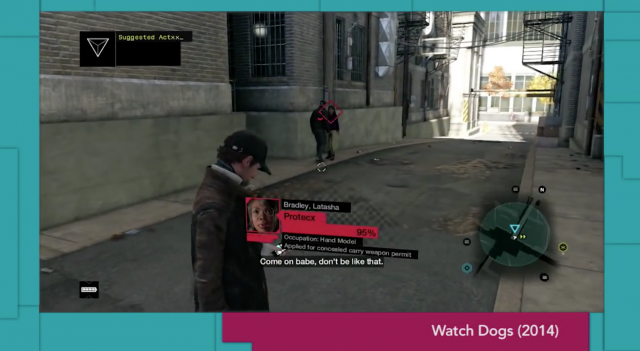
A set of IRC logs released Saturday appear to show that a handful of 4chan users were ultimately behind #GamerGate, the supposedly grass-roots movement aimed at exposing ethical lapses in gaming journalism. The logs show a small group of users orchestrating a "hashtag campaign" to perpetuate misogynistic attacks by wrapping them in a debate about ethics in gaming journalism.
Nevertheless, Quinn soon had her accounts hacked and her personal information stolen (experiences she was accused of fabricating). Quinn's opponents tried to turn the entire situation into an ethical debate about the relationship between gaming press and game developers.The saga grew from a single blog post written by an ex-boyfriend of Zoe Quinn, a game developer who designedDepression Quest. The post was a lengthy diatribe filled with details about Quinn's alleged relationships with men, including a tryst with a gaming journalist who works for Kotaku. Anonymous users on reddit and 4chan spun this material into a story about how Quinn allegedly slept with multiple gaming journalists in return for coverage, though the allegations did not support such a claim. The journalist in question had quoted Quinn, once, months before they dated; he never wrote about her or her development efforts again.
The "ethics controversy" then sucked in Anita Sarkeesian, founder of Feminist Frequency, a video series aimed at exploring systemic misogyny in video games. Sarkeesian is no stranger to harassment; she has received a series of threats for her Feminist Frequency video series since the day its Kickstarter raised more money ($150,000) than she had requested ($6,000). The amount of money raised incensed Sarkeesian's critics, and after her August 25 video, "Women as Background Decoration, Part 2," Sarkeesian received graphic rape and death threats, eventually leaving her home after one of her harassers tweeted her own address at her.
The Quinn and Sarkeesian events led several publications (Ars included) to discuss the notion of a "gamer." In this context, "gamer" does not mean "all people who play video games"—a group now broad enough to easily outgrow the term's narrow origins in '80s toy marketing. Instead, the term more narrowly refers to hard-core video game fans, who skew young and male. In the words of Leigh Alexander at Gamasutra, it was through catering to this group that video games came to overemphasize guns, women, and money. With the industry expanding its horizons, some "gamers" felt left behind in a world that has started to turn against aspects of their favorite pastime. Under this view, "gaming" itself is under threat.
Quinn and Sarkeesian became lightning rods for "gamers" of this sort, and thus was born "#GamerGate," a hashtag that became a breeding ground for all kinds of conspiracy theories surrounding the "corrupt" systems that allowed Quinn and Sarkeesian to figure in the industry as they do. As the hashtag spread, spectators got increasingly drawn into arguments about the ethics governing relationships between game developers and the gaming press.
#GamerGate spread through Twitter and reddit and eventually drew high profile support from actor Adam Baldwin. Eventually a second hashtag sprouted, #notyourshield, which was pitched as an "attempt by the worldwide gaming community to show that this isn’t just male gamers who are speaking about gamergate, and this isn’t an issue of hating feminism or not wanting women in the community."


0 comments:
Post a Comment